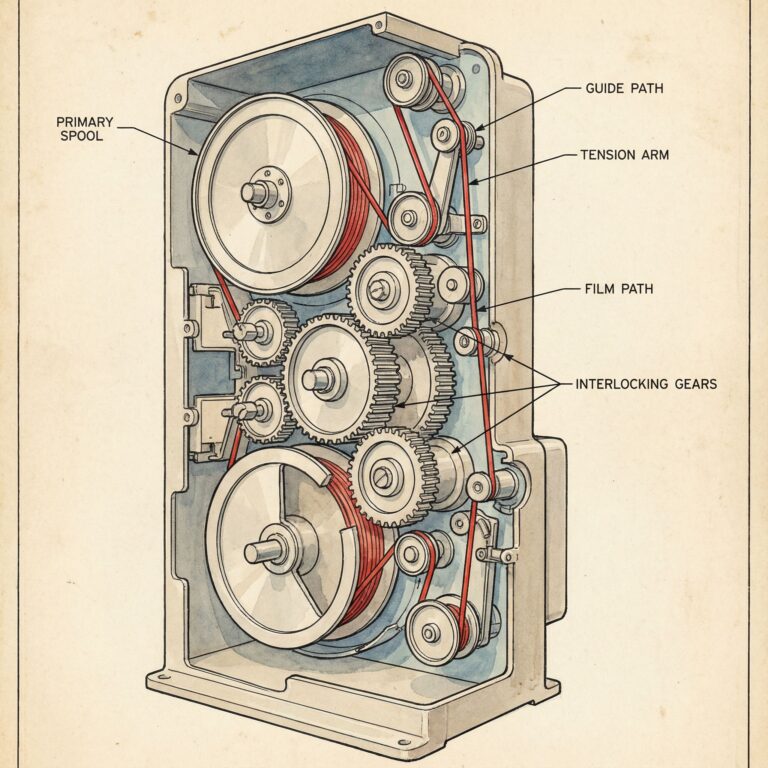
Safe Folds and Risky Raises A Poker Decision Crisis
Can You Break Down What It Takes to Be Successful at Poker?
Success in poker requires mastering three core components:
- Pattern Recognition – Reading opponents and identifying betting tendencies
- Positional Advantage – Playing stronger hands in late position for maximum profitability
- Bankroll Management – Maintaining financial discipline to survive variance
Mastering Opponent Tracking

Tracking opponents is essential to sharpening instincts. Key factors to analyze include:
- Multi-hand tendencies – Recognizing patterns over several hands
- Timing tells – Identifying delays and snap actions in both live and online play
- Physical signs – Observing posture, hand movements, and breathing patterns
- Stack size management – Adjusting play based on chip depth and position
Power of Position in Poker
Position significantly impacts profitability:
- Late position increases profitable decisions by 20%
- Button Visit Website play offers highest win rates
- Cutoff position provides flexibility for aggressive play
- Early position requires tighter hand selection
Bankroll Management for Long-Term Play
A professional bankroll strategy includes:
- Keeping 20-50 buy-ins for regular stakes
- Adjusting stakes to mitigate risk
- Gliding Through
- Allocating funds based on game type and skill level
Reading Player Patterns and Tells
Identifying Basic Player Tendencies
Poker tells provide crucial insights into opponents’ hands.
Key areas of pattern recognition:
- Betting patterns – Size and frequency of bets
- Timing tells – Speed of decision-making reveals hand strength
- Physical tells – Posture shifts, eye movements, and breathing patterns
Advanced Pattern Recognition
- Tracking betting frequencies and deviations
- Noting changes in an opponent’s rhythm
- Adapting to new player behaviors in real-time
Position Power at the Table
Strategic Advantages of Late Position
- Seeing opponents act first before making a decision
- Better control over pot size
- risky allure to calculated victory
- Stronger bluffing opportunities
Maximizing Button Play
- Button players can play 40% more hands than early positions
- Stealing blinds becomes profitable when succeeding at least 33% of the time
Critical Bankroll Management for Winning Poker
Essential Bankroll Guidelines
- Cash games: Keep at least 20 buy-ins
- Tournaments: Maintain at least 50 buy-ins
- Limit session losses to 2-3 buy-ins
Advanced Bankroll Tracking
- Monitor buy-ins and cash-outs
- Analyze win/loss statistics over time
- Adjust stakes based on variance and bankroll size
Timing Your Aggressive Moves
When to Apply Aggression
- Bubble situations where opponents play cautiously
- Mathematical fold scenarios based on stack-to-pot ratios
- Exploiting weak players with well-timed aggression
Stack Management for Aggression
- Short stacks (15-25 BB): All-in moves for fold equity
- Deep stacks (100+ BB): Multi-street betting strategies
- Mid-stacks (25-100 BB): Balancing pressure and pot control
Building a Strategic Mindset
Developing High-Level Decision-Making
- Shift focus from short-term results to long-term strategy
- Analyze every decision systematically
- Learn from both wins and losses
Key Benefits of Strategic Thinking
- Better risk-reward analysis
- Improved decision-making under pressure
- Increased pattern recognition skills
Conclusion
Mastering poker simple slot strategy requires deep strategic thinking, precise bankroll management, and position-based decision-making. With disciplined play and continuous learning, players can consistently make profitable decisions and move into the top tier of successful poker players.


